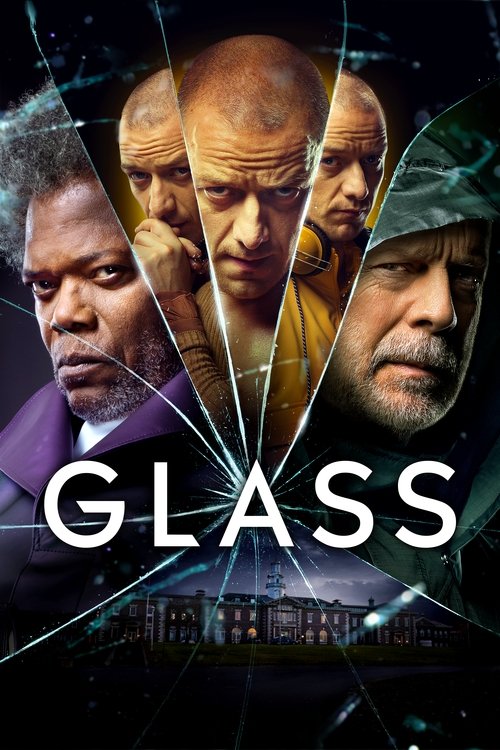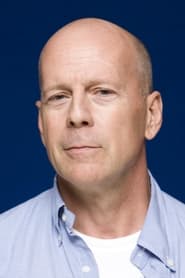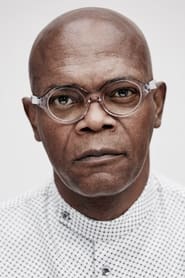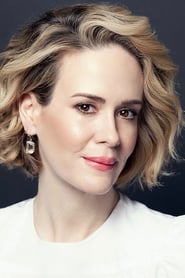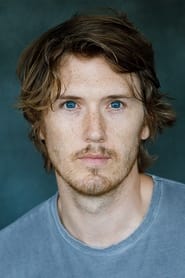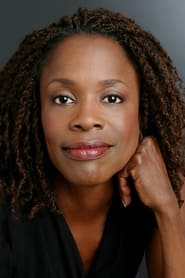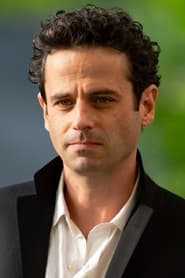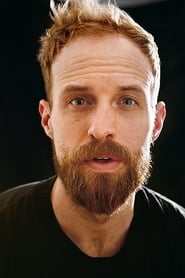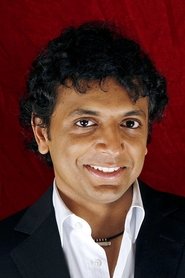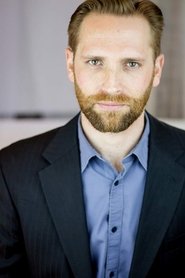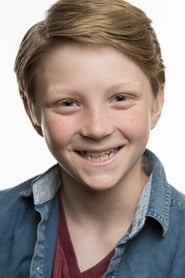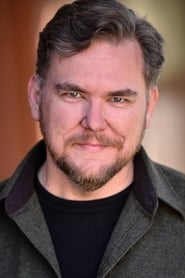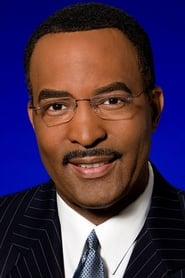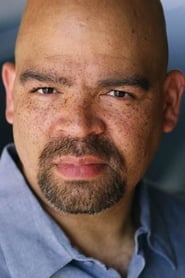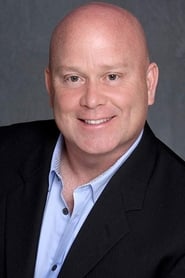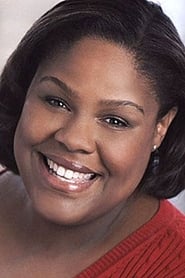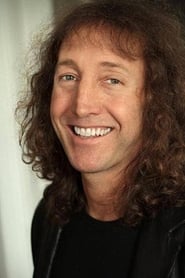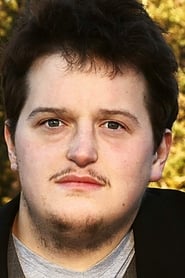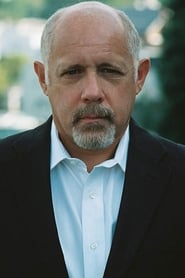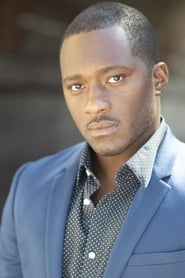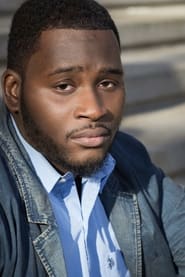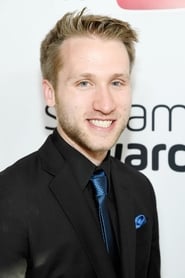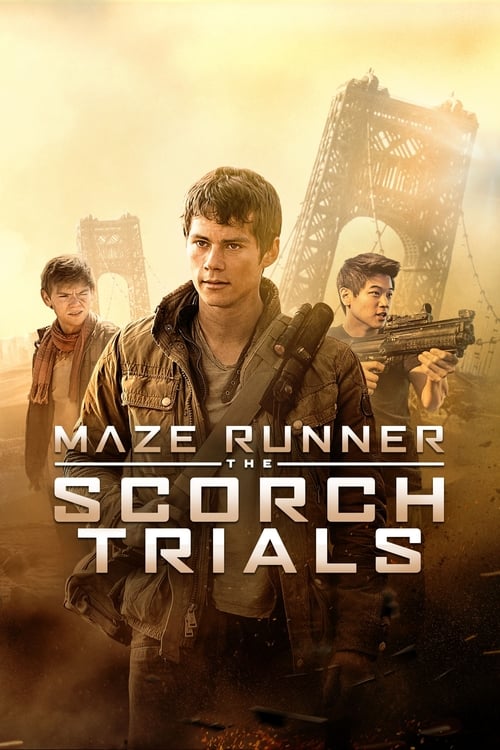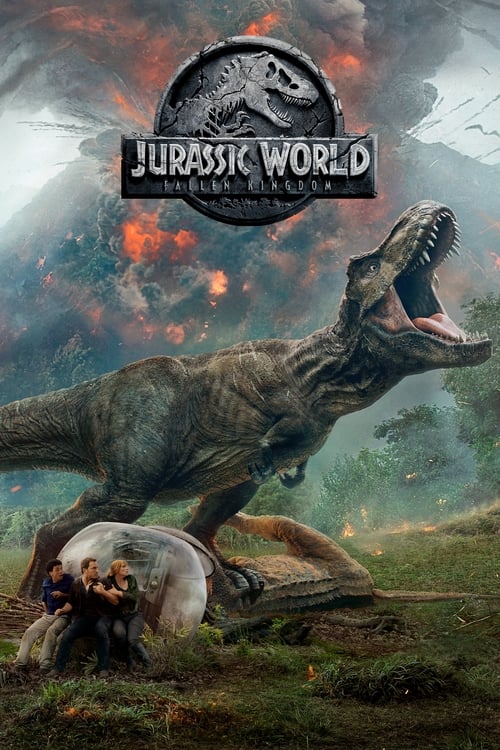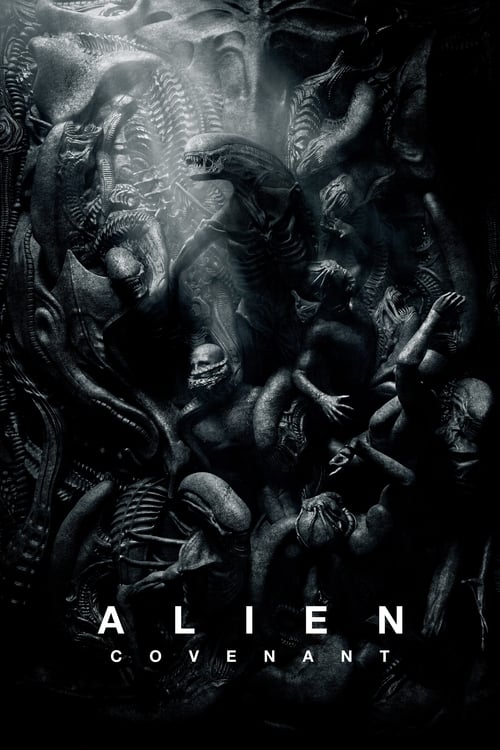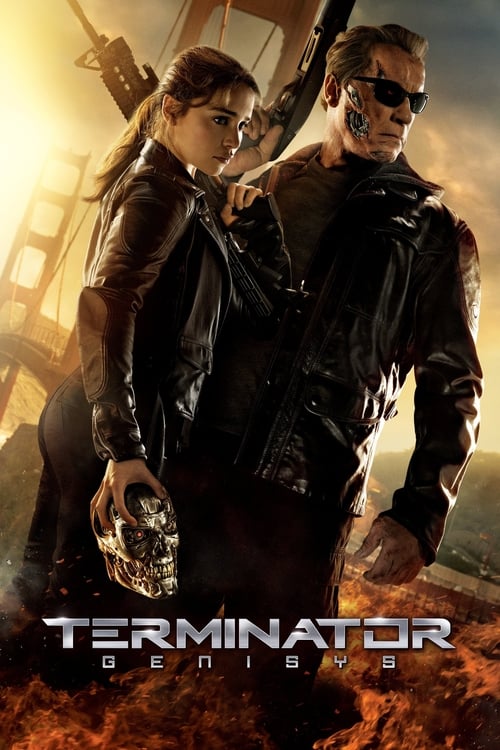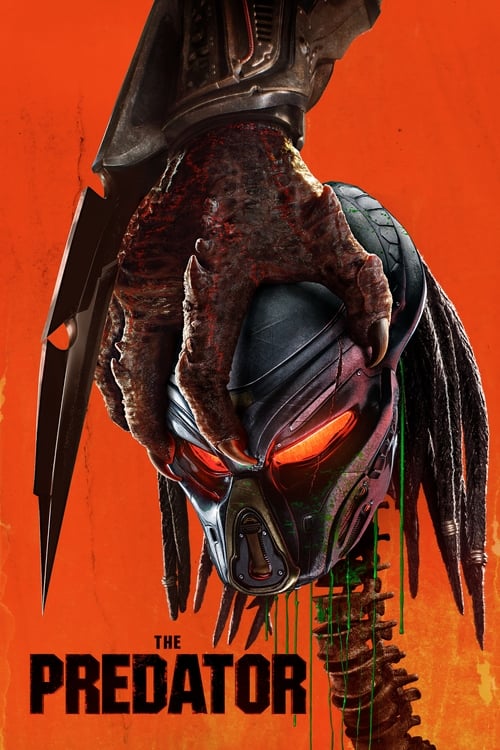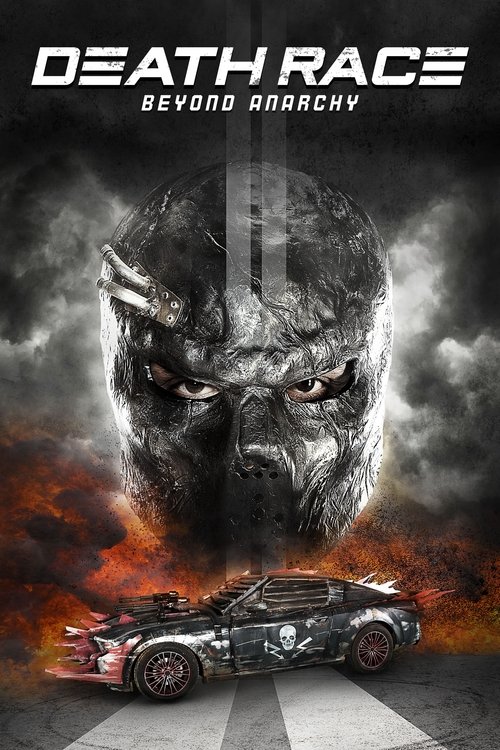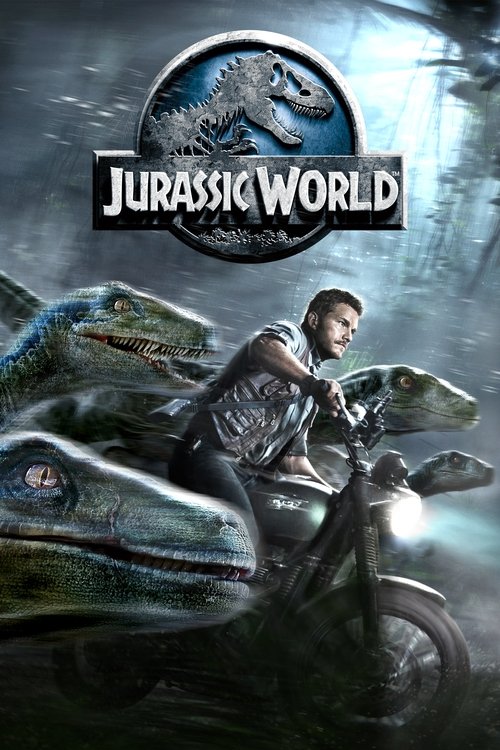
Ask Your Own Question
What is the plot?
The early morning air is thick with tension as David Dunn, clad in his signature green poncho, strides through the abandoned factory on the outskirts of Philadelphia. His son, Joseph Dunn, follows close behind, eyes scanning the shadows for any sign of danger. It has been three weeks since Kevin Wendell Crumb--a man with 24 distinct personalities, including the monstrous "Beast"--escaped custody and began a new reign of terror. Now, Kevin has kidnapped four high school cheerleaders, holding them hostage in the factory's cavernous, rusted belly. The girls huddle together, their fear palpable as Patricia, one of Kevin's more composed personalities, calmly explains their fate: "You are here to feed the Beast. Only the broken survive. The unbroken must be purified."
David's extrasensory perception--his ability to sense guilt and evil through touch--guides him unerringly to the hostages. He moves with quiet confidence, freeing the girls and ushering them to safety. But as the last girl slips past, the air shifts. The Beast emerges, muscles rippling, eyes wild. "You are not broken," he snarls at David. "You are unworthy." The two superhumans clash in a brutal, bone-jarring fight, their strength shattering concrete and twisting steel. The battle spills out onto the rain-slicked streets, drawing the attention of police and bystanders alike.
Just as the fight reaches its peak, Dr. Ellie Staple arrives with a team of officers. She is calm, almost serene, as she addresses the combatants. "Gentlemen, it's time to stop." Flashing lights and a sudden, overwhelming burst of water--David's only weakness--force the two men apart. The Beast roars in confusion as the lights disrupt his transformation, and David collapses, gasping, as the water saps his strength. Both are swiftly subdued and taken into custody.
David and Kevin are transported to Raven Hill Memorial Psychiatric Facility, a grim, fortress-like institution where Elijah Price--better known as Mr. Glass--has been held, heavily sedated, for nearly two decades. Dr. Staple, a psychiatrist specializing in "individuals with delusions of grandeur," greets them with a practiced smile. "You are not superheroes," she insists. "You are men with extraordinary abilities, yes, but not gods. And we are here to help you see that."
Each man is placed in a cell tailored to his weakness. David's room is rigged with water hoses, ready to douse him at the first sign of aggression. Kevin's cell is equipped with strobe lights designed to disrupt The Beast's emergence. Elijah, frail and confined to a wheelchair, is kept under heavy sedation, his every move monitored.
Over the next three days, Dr. Staple conducts a series of sessions designed to break their belief in their own powers. She presents rational explanations for their abilities: David's strength is the result of adrenaline and luck, Kevin's personalities are a trauma response, Elijah's intellect is merely high-functioning autism. She is persuasive, almost hypnotic, and for a moment, even David begins to doubt.
Outside the facility, Joseph Dunn, Mrs. Price (Elijah's mother), and Casey Cooke--the sole survivor of Kevin's previous rampage--plead with Dr. Staple to recognize the truth. "You're making a mistake," Joseph insists. "My father is not delusional." But Dr. Staple remains unmoved. "There are no superheroes," she says firmly. "Only people who need help."
Inside, Elijah begins to stir. Despite his sedation, his mind is razor-sharp. He knows Dr. Staple's true purpose: she is part of a secret organization dedicated to suppressing the existence of superhumans. "They got it wrong in the comics," she confesses in a rare moment of candor. "They talk about secret evil groups trying to stop the heroes. I don't think we are particularly evil, and we don't choose sides. We try to stop both of you. If there is one of you, the opposite of you appears. It escalates. We step in. There just can't be gods amongst us. It's not fair. It has worked just fine for ten thousand years our way."
Elijah, however, has a plan of his own. He covertly removes a shard of glass from his wheelchair and uses it to slit the throat of an orderly, Daryl, who had been mocking him. The act is swift, silent, and brutal--Elijah's first direct kill in years. With Daryl's keycard, Elijah escapes his room and makes his way to Kevin's cell. There, he speaks to The Beast directly, appealing to his sense of destiny. "You were sent here to be an avenging angel," Elijah says, his voice trembling with excitement. "How much do you want to avenge us?" The Beast roars in response, his loyalty shifting to Elijah's cause.
Elijah then visits David, urging him to embrace his role as the hero. "This is the moment we were made for," Elijah whispers. "The world must know the truth." David, though conflicted, feels the weight of his responsibility. That night, Elijah orchestrates a mass breakout. The Beast smashes through his cell, David breaks free from his restraints, and Elijah, despite his fragile bones, leads them through the facility's labyrinthine tunnels.
The trio emerges onto the roof of Raven Hill, the city skyline stretching before them. Dr. Staple and her team are in pursuit, but they are too late to stop what comes next. The Beast and David square off in a final, cataclysmic battle. Fists fly, bones crack, and the very structure of the building trembles under their power. Elijah watches from the sidelines, his eyes alight with triumph.
In the chaos, a security guard--acting on Dr. Staple's orders--seizes his chance. He pins David to the ground and forces his face into a puddle of rainwater. David struggles, but the water weakens him. As his vision fades, he reaches out, touching Dr. Staple's hand. In that instant, he sees the truth: she is part of a vast, ancient conspiracy to keep superhumans hidden. "You… you're one of them," he gasps, before succumbing to the water and drowning. David Dunn is dead.
The Beast, enraged by David's death, turns on the guards. But before he can strike, a hail of gunfire cuts him down. Kevin Wendell Crumb--The Beast--falls, lifeless, to the concrete. Elijah, caught in the crossfire, is mortally wounded. As he lies dying, he smiles. "It's happening," he whispers. "The world will know."
Dr. Staple, believing the crisis contained, returns to the surveillance room. She deletes the footage of the fight, confident that her organization's secret is safe. But as she leaves, she overhears two comic book fans in a nearby shop discussing the trope of the "Mastermind" villain--the one who orchestrates events from the shadows. A chill runs down her spine. She races back to the facility and discovers the truth: Elijah had arranged for the entire confrontation to be live-streamed via the facility's surveillance cameras. The footage has already been uploaded to a private website, and copies have been sent to Mrs. Price, Joseph, and Casey.
Dr. Staple screams in frustration, realizing she has been outmaneuvered. The existence of superhumans can no longer be denied. The world will know the truth.
In the final moments, Mrs. Price, Joseph, and Casey watch the footage on their devices, their faces a mixture of grief, awe, and determination. The screen flickers with images of David, Kevin, and Elijah--hero, monster, and mastermind--locked in battle. The world has changed forever. Superhumans are real, and their story is only beginning.
The film ends not with triumph or tragedy, but with revelation. The secret is out. The age of heroes--and villains--has dawned.
More Movies Like This
Browse All Movies →What is the ending?
In the ending of "Glass," David Dunn confronts the Beast, while Elijah Price, also known as Mr. Glass, orchestrates a plan that leads to a tragic conclusion. David is ultimately overpowered and drowned by the Beast in a water tank. Mr. Glass reveals his true intentions, exposing the existence of superheroes and villains to the world. However, he is shot by a security guard, and his plan to reveal the truth dies with him. The film concludes with the revelation that the world is not ready to accept the existence of extraordinary individuals, leaving the fate of the characters intertwined with their identities as both heroes and villains.
Now, let's delve into the ending in a more detailed, chronological narrative.
As the climax unfolds, the scene shifts to a dimly lit parking lot outside the mental institution where David Dunn, known as the Overseer, is being held. He has been captured and is being monitored by Dr. Ellie Staple, who specializes in patients who believe they are superheroes. David, driven by a sense of justice, escapes and heads to confront the Beast, the alter ego of Kevin Wendell Crumb, who has been wreaking havoc in the city.
The tension escalates as David finds Kevin in a warehouse, where the Beast is preparing to unleash chaos. The two engage in a fierce battle, showcasing their physical prowess and contrasting ideologies. David, embodying the hero, fights valiantly, but the Beast, fueled by rage and primal instincts, proves to be a formidable opponent. The fight culminates in a dramatic moment where the Beast overpowers David, throwing him into a water tank. David struggles, his face contorting with panic as he realizes he cannot escape. The water fills the tank, and despite his efforts, he succumbs to drowning, his body going limp as the screen fades to black.
Meanwhile, Elijah Price, the mastermind known as Mr. Glass, watches the events unfold from a distance. He has been manipulating the situation all along, orchestrating a plan to reveal the existence of superheroes and villains to the world. As the chaos ensues, he is confronted by a security guard who, under the influence of Mr. Glass's machinations, shoots him. Elijah falls to the ground, a look of satisfaction on his face as he realizes that his plan is coming to fruition, even as he succumbs to his injuries.
In the final moments, the film reveals the aftermath of these events. A group of individuals, who have been following the exploits of David, Kevin, and Elijah, gather to discuss the implications of their existence. They realize that the world is not ready to accept the truth about extraordinary individuals. The screen fades to black, leaving the audience with a haunting sense of unresolved conflict and the notion that the battle between good and evil is far from over.
In summary, David Dunn dies at the hands of the Beast, Elijah Price is shot and left to die, and the world remains oblivious to the existence of superheroes and villains, highlighting the tragic nature of their fates and the overarching theme of identity and acceptance.
Is there a post-credit scene?
Yes, "Glass" features a post-credit scene that adds an intriguing layer to the film's narrative.
As the credits roll, the scene shifts to a diner where a woman is seen speaking to a man. This man is revealed to be David Dunn, also known as The Overseer, who has been tracking down the activities of Kevin Wendell Crumb, the Beast, and Elijah Price, also known as Mr. Glass. The woman, who is a waitress, is shown to be unaware of the extraordinary events that have transpired.
The scene then cuts to a moment where the waitress is approached by a mysterious figure. This figure is revealed to be a member of a secret organization that has been monitoring individuals with extraordinary abilities. The organization has been working in the shadows, ensuring that people like David, Kevin, and Elijah do not disrupt the balance of society.
The post-credit scene leaves viewers with a sense of unease and curiosity, hinting at the existence of a larger world where superhuman abilities are not only real but are also being controlled and suppressed by unseen forces. This revelation ties back to the film's themes of identity, power, and the societal perception of those who are different. The scene concludes, leaving the audience pondering the implications of this hidden organization and what it means for the future of characters like David Dunn and others with extraordinary gifts.
What is the significance of the character David Dunn's abilities in Glass?
David Dunn, portrayed by Bruce Willis, possesses superhuman strength and heightened senses, which he uses to fight crime as the vigilante known as 'The Overseer.' His abilities are central to the plot, as they contrast with the other characters' powers and highlight his role as a protector. Throughout the film, David's motivations are driven by a desire to stop evil and protect the innocent, which is tested as he confronts both his own limitations and the manipulations of the facility.
How does Elijah Price, also known as Mr. Glass, manipulate events in Glass?
Elijah Price, played by Samuel L. Jackson, is a mastermind who orchestrates events from behind the scenes. His character is driven by a need to prove that superheroes and villains exist in the real world. In 'Glass,' he manipulates both David Dunn and Kevin Wendell Crumb, the Beast, to bring them together in a confrontation that he believes will validate his theories about their extraordinary abilities. His cunning and intelligence are evident as he plays the long game, using his knowledge of comic book lore to influence the narrative.
What role does Kevin Wendell Crumb, the Beast, play in the story of Glass?
Kevin Wendell Crumb, portrayed by James McAvoy, is a character with dissociative identity disorder, housing 24 distinct personalities, including the powerful Beast. In 'Glass,' his struggle for control among his identities is a key plot element. The Beast represents his most dangerous persona, driven by primal instincts and a belief in the superiority of those with extraordinary abilities. Kevin's internal conflict and the emergence of the Beast create tension as he interacts with both David Dunn and Elijah Price, ultimately leading to a climactic showdown.
What is the role of Dr. Ellie Staple in Glass, and what are her motivations?
Dr. Ellie Staple, played by Sarah Paulson, is a psychiatrist who specializes in treating individuals who believe they have superhuman abilities. Her role in 'Glass' is to convince David Dunn, Elijah Price, and Kevin Wendell Crumb that their powers are merely delusions. She is motivated by a desire to protect society from what she perceives as dangerous individuals. Throughout the film, her clinical approach and manipulation of the characters reveal her own complexities and the ethical dilemmas surrounding her treatment methods.
How does the setting of the mental institution impact the characters in Glass?
The mental institution serves as a critical setting in 'Glass,' isolating the characters from the outside world and forcing them to confront their identities. The sterile, clinical environment contrasts sharply with the vibrant, chaotic nature of their powers. This confinement heightens the tension between the characters, as they are subjected to Dr. Staple's manipulations and forced to interact with one another. The setting amplifies their vulnerabilities and internal struggles, ultimately leading to a dramatic climax that challenges their perceptions of reality and heroism.
Is this family friendly?
"Glass," produced in 2019, is not considered family-friendly and contains several potentially objectionable or upsetting elements. Here are some aspects that may be concerning for children or sensitive viewers:
-
Violence and Gore: The film features intense scenes of violence, including physical confrontations and injuries that may be graphic or disturbing.
-
Psychological Themes: The narrative delves into complex psychological issues, including mental illness, which may be unsettling for younger audiences.
-
Dark Tone: The overall atmosphere of the film is dark and tense, exploring themes of despair, identity, and existential crises that may be heavy for children.
-
Death and Injury: There are scenes that involve death and serious injury, which could be distressing.
-
Intense Emotional Moments: Characters experience significant emotional turmoil, including fear, anger, and desperation, which may be intense for sensitive viewers.
-
Supernatural Elements: The film includes elements of the supernatural and heightened reality that may be frightening for younger audiences.
These factors contribute to a mature viewing experience, making it more suitable for older teens and adults rather than children.

